WORDS
Heidi Helbig
photography
John Krüger
It’s Friday night and good natured banter is echoing through the Kegelbahn as Geoff Nicolai approaches the alley – all 127 feet of it – to take his turn.
He won’t be going home with bragging rights tonight, and he doesn’t mind one little bit.
“I’m an average sort of player,” says Geoff happily. “I’m just here to ensure everything’s running right.”
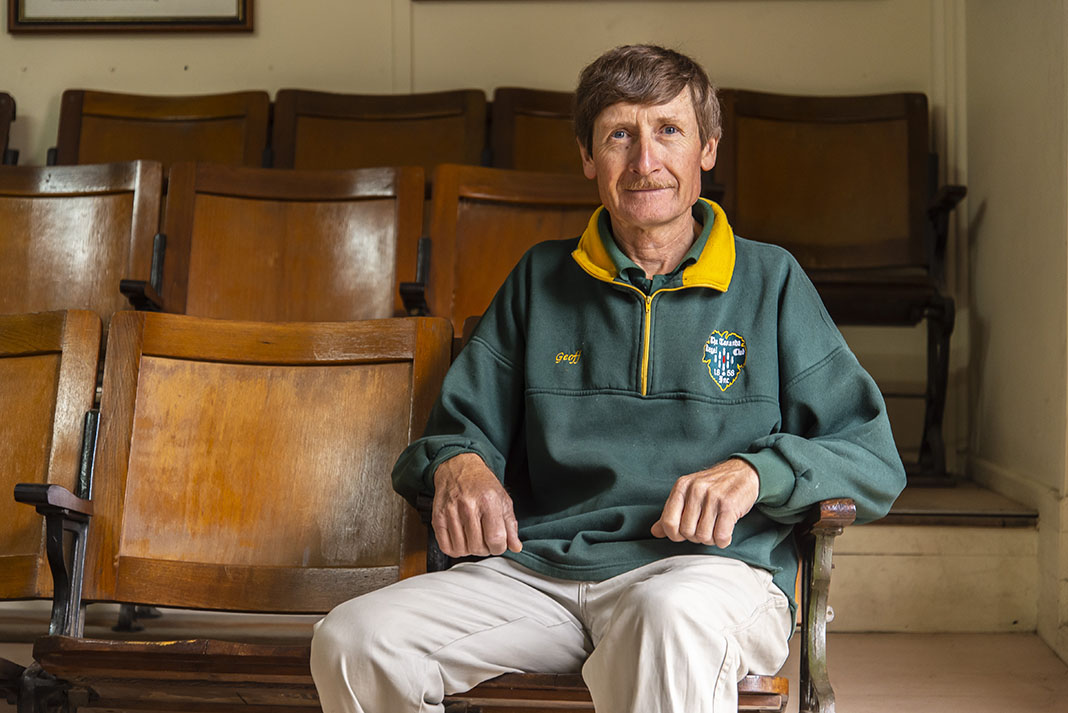
Each week enthusiasts like Geoff find camaraderie and good old-fashioned rivalry at Tanunda Kegel Club.
They are keeping alive a German tradition that began in the Barossa in 1878 and remains unique to the southern hemisphere.
It’s not only the sheer 38 metre length of the alley that increases the degree of difficulty – it’s what lies beneath.
“You really need to learn to read the track,” says Geoff, long-serving committee member, secretary and treasurer of the club.
“If it rains it swells up and moves; if it’s fine for a week it dries out and it will move again.
“It can be a bit tricky to read which way it’s going to go.”
According to the veteran kegeller, few people ever truly master the skill.
“We had one young lad, Matthew Roesler, who could read the track like anything; he knew where to place the ball and how fast,” Geoff says.
“You need to use the concave and make the ball weave so it comes in on the front pin.
“It depends on the person; some people get the knack of it really well, but there’s quite a bit of luck involved as well.”

“It doesn’t matter where they come from, their first look down the alley is always the same – the awe on their faces gets me every time."
- Geoff Nicolai
The reinvigoration of kegelling has been a deliberate move aimed at keeping the sport relevant and popular.
Geoff describes the merger of the men’s and women’s competition and the success of the social competition as “a blessing”.
“Before, it was a blokey thing and a number of players, well you’d think they were playing for sheep stations,” says Geoff.
“We’d play for trophies and they’d yell ‘straighten up the pins’ or tell the pin placers to get out the way so they weren’t distracted. Of late, it’s been much more sociable!”
..
It’s not only families, church groups and tourists trying their hand at kegelling –the Kegelbahn is also proving an attraction for businesspeople looking for a point of difference.
“Wineries bring their marketing people from Australia and overseas as part of the Barossa package; they can have a drink and a chat and do some networking while having some fun – it’s a real good spot for it,” explains Geoff.
“It doesn’t matter where they come from, their first look down the alley is always the same – the awe on their faces gets me every time.
“The next thing they always say is ‘I’ve gotta have a go!”
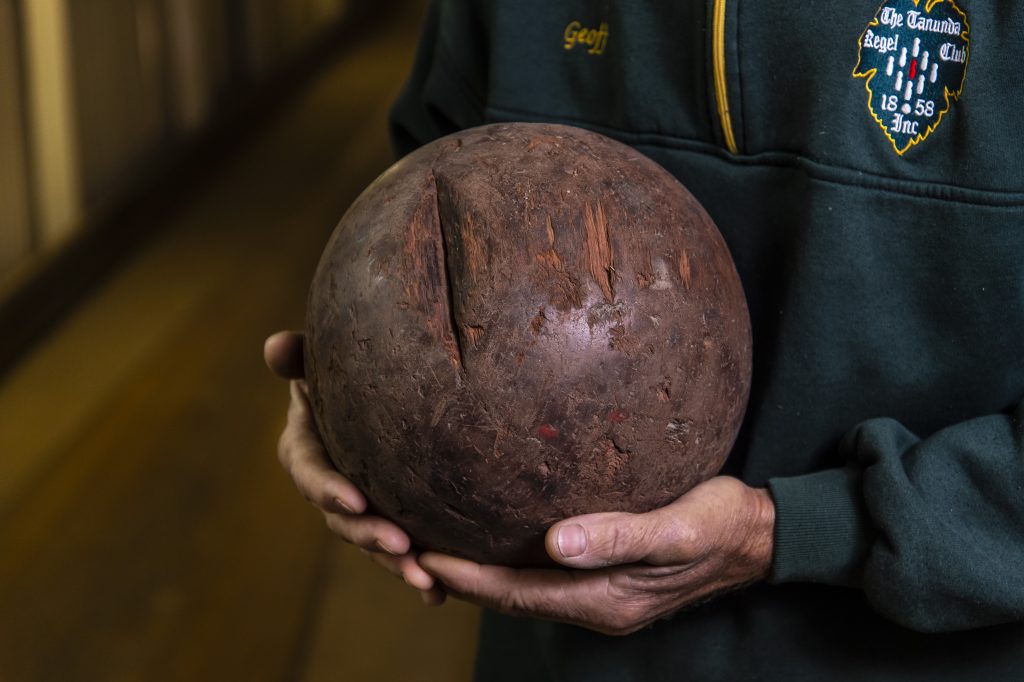
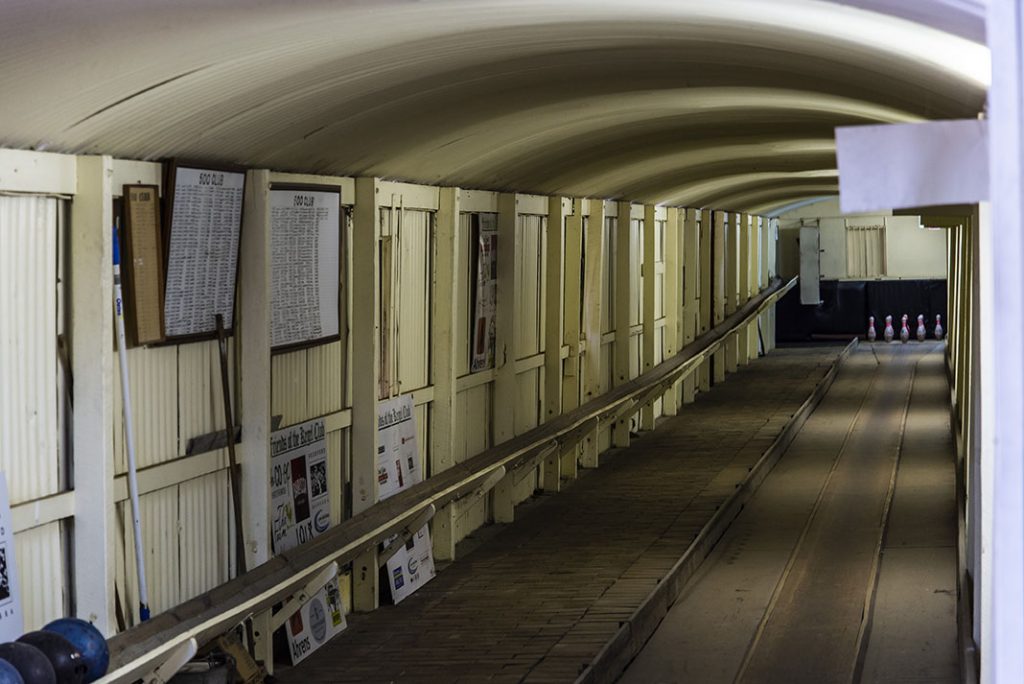
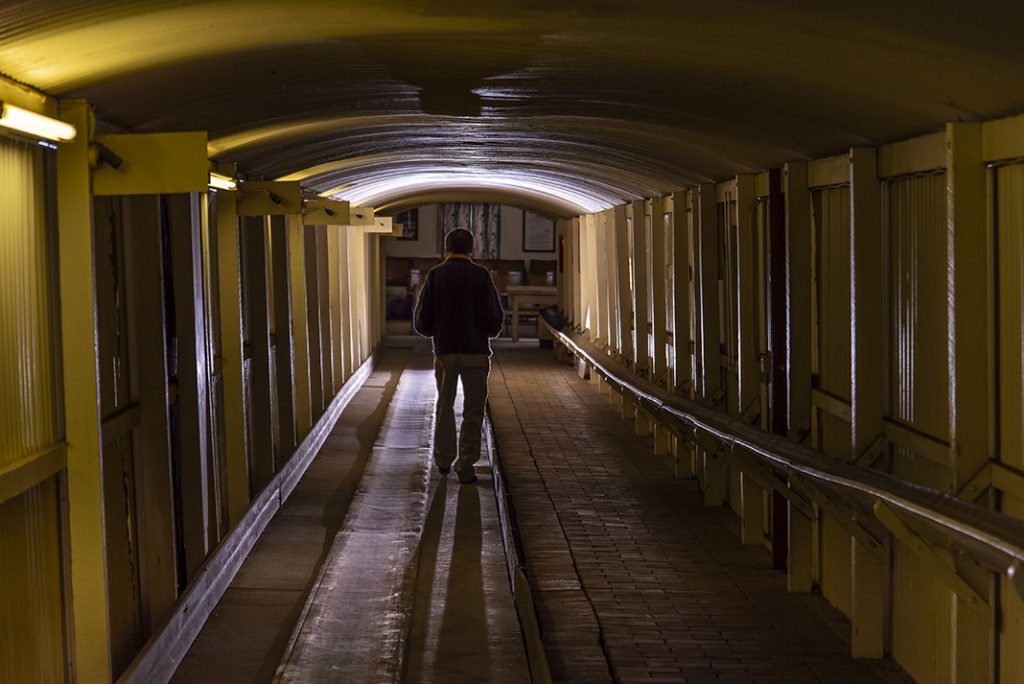
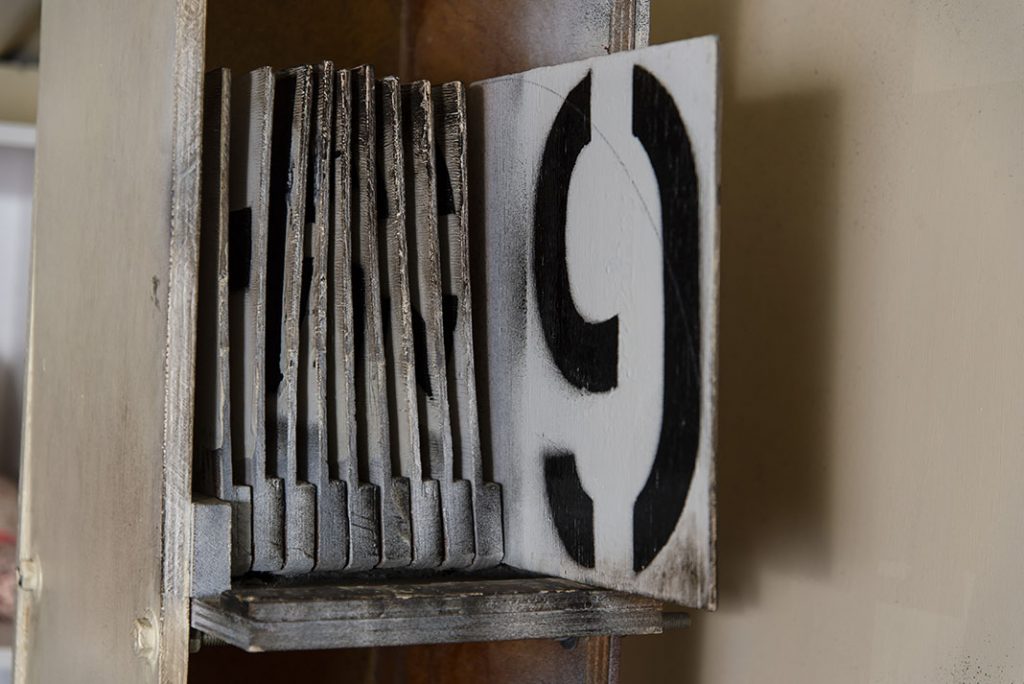
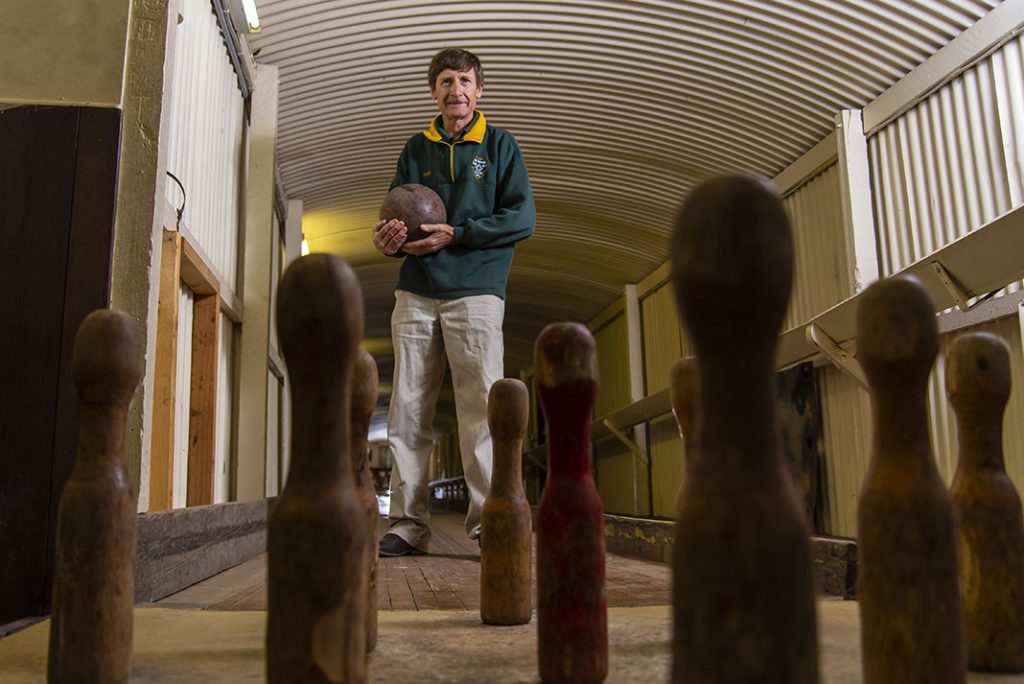
Previous
Next
But for Geoff, kegelling is so much more than a fun pastime – it’s the embodiment of Barossa traditions forged over many generations. It’s also the reason he’s so active in his community.
The Bethany father-of-three, who has lived his entire life within five kilometres of Tanunda, has been selfless in his service to his community, honouring the sacrifices of those who went before him.
Now 58, Geoff has given almost three decades of service to Tanunda CFS; ironically the Life Member was fighting the Eden Valley bushfire the day the Rifle Range Road fire threatened his own neighbourhood.
Following in his father’s footsteps, as a “little tacker” Geoff remembers the Blitz firetruck coming out of the shed when the call went up. “I’ve got memories of cars with old side runners and half a dozen people on the side rocking up to head to a fire,” recalls Geoff.
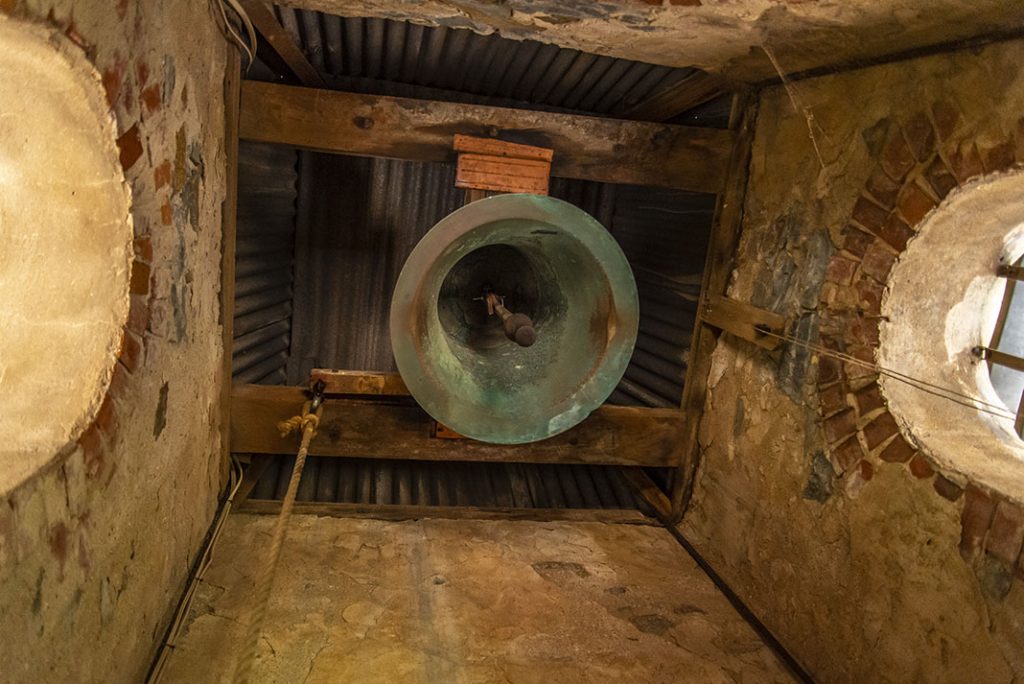
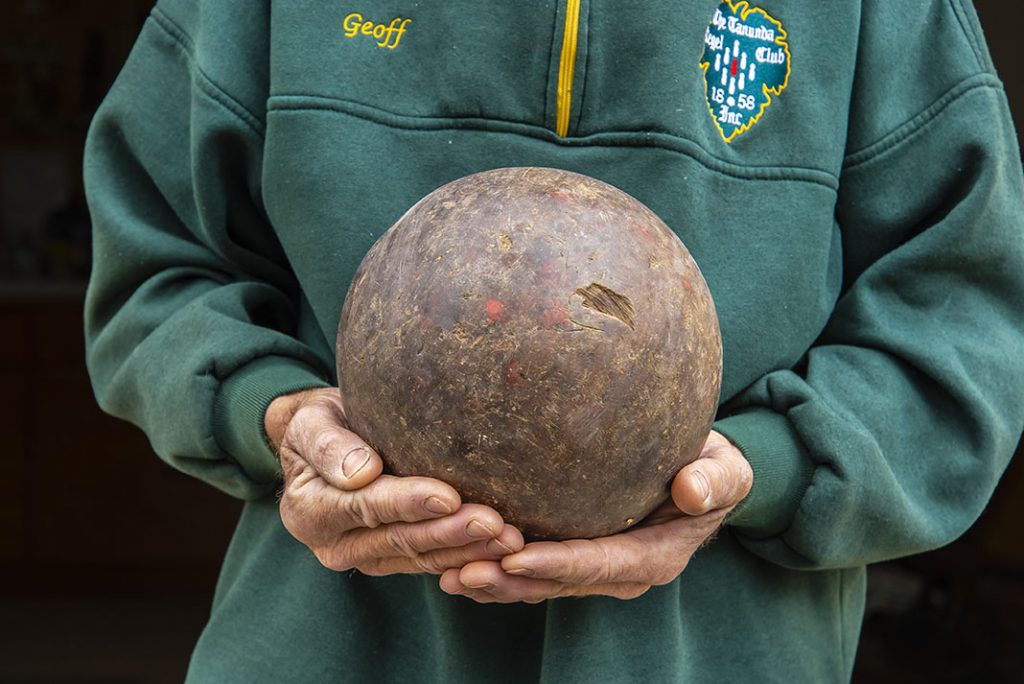
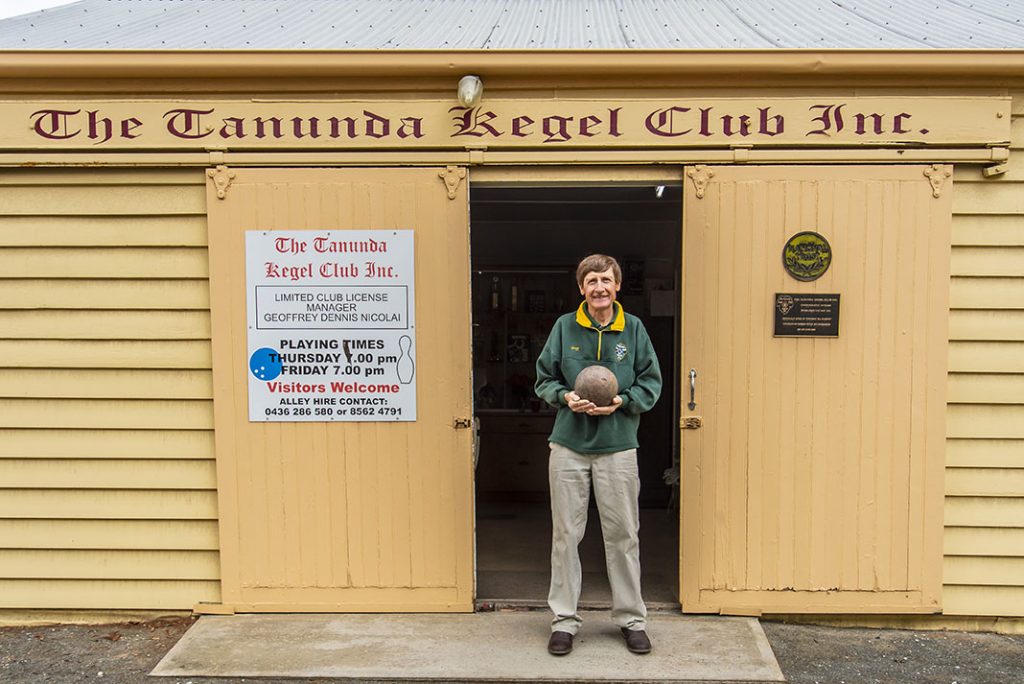
Previous
Next
Likewise, his involvement in Bethany Lutheran Church spans many years and vocations.
He continues the weekly rite of tolling the Bethany church bell when it’s his turn, reverently upholding a tradition that has been performed throughout the Barossa for six generations.
“It used to be significant in the olden days,” says Geoff. “Bell ringing was used for occasions, for funerals and weddings. It was a symbol of joy as well as a message to remind people to come to worship.”
..
Those days are largely gone; unless, he quips, you’re a member at Langmeil: “They’re pretty keen to keep the tradition alive in a time when we’ve got mobile phones and computers!”
Other community commitments, including a former role with Tanunda and now Marananga Brass Band, as well as Tanunda Recreation Park advisory group, are critical to keeping the Barossa way of life ticking over.
“Just as my parents tried to keep (traditions) going, I want to follow in their footsteps,” says Geoff in his characteristically humble way.
“I enjoy the benefits of being in my community. That’s what I’m here for, to help others. I think I’ve been really blessed to be able to do that.”
©


